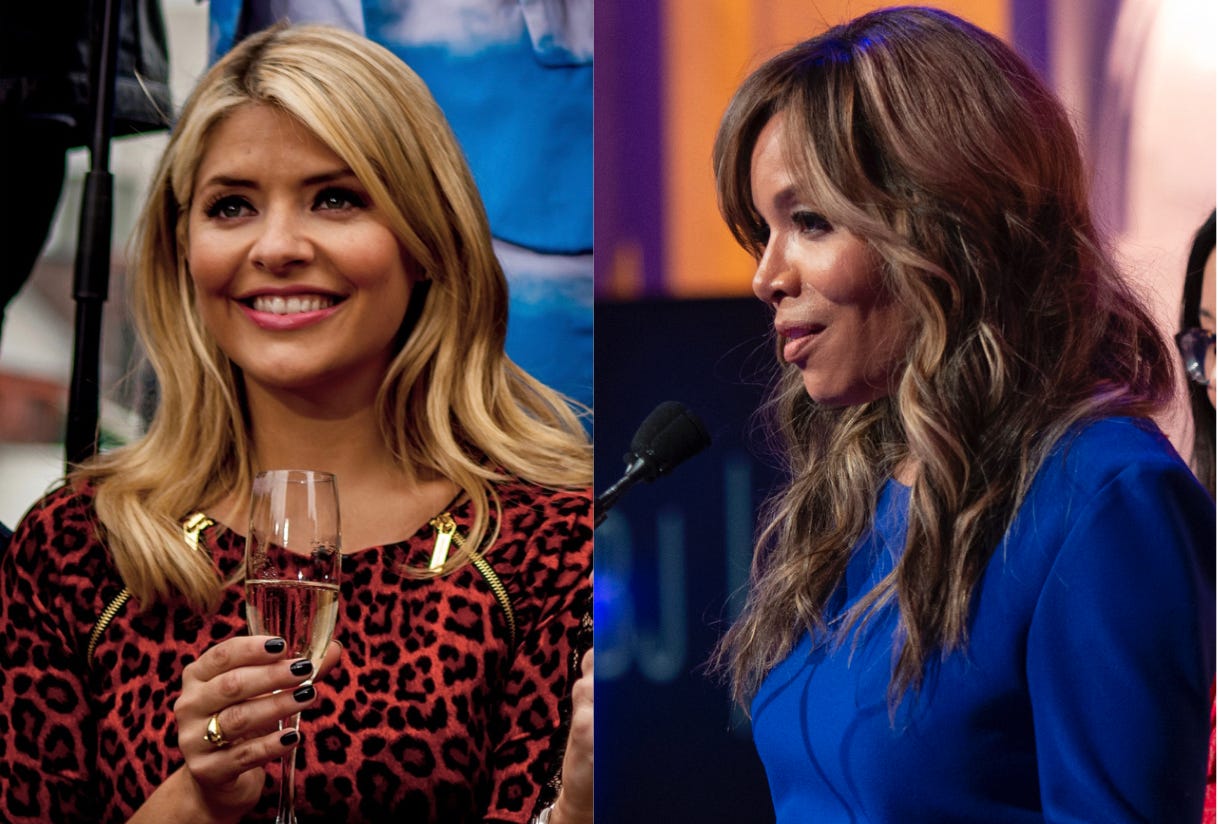We Need to Talk About Media Privilege
Media privilege is real. It's time we address it.
You don’t have to watch The View for very long to recognize that the show thrives on manufactured scandals that enrage conservatives and delight leftists. But even for The View—which sent former co-host Meghan McCain running for the exist after being treated like a “caged animal”—the low set yesterday when co-host Sunny Hostin attacked Nikki Haley for effectively being a race traitor and ethnic “chameleon” was a new one.
That the media has a privilege problem is apparent to most regular viewers, who look on with disgust at the media elite gets away with moral murder while the rest of us walk on egg shells lest we anger the gods of broadcast. But with the media playing an ever-greater role in shaping our lives, and our reality, the time for our culture to begin grappling with the phenomenon of media privilege is long past due.
Media insiders will no doubt argue that people crying foul over Hostin’s venomous comments directed at a woman of color are stirring up a tempest in a teapot which will soon blow over. But that’s entirely the point. While the un-elect—conservatives, tech and sports figures, and business leaders (to name a few)—live under an electron microscope, with their missteps blown up like a Blue Origin malfunction, media elites can cross any number of lines and walk away scot free.
But that’s starting to change. Across the pond, a public reckoning is underway concerning two high-profile morning-show presenters, ITV’s Holly Willoughby and Phillip Schoefield, who were caught allegedly jumping The Queue, the gargantuan line people waited in to pay their respects to the Queen as she lay in state. While media elites have tried coming to their rescue, the Brits aren’t having it. (If there’s one thing you don’t do in England, it’s jump the line—no matter who you are.)
In the US, we have yet to find that red line that the American public simply will not permit even media elites to cross. But we’re not far off. With public trust in the media all-but evaporated, the privileged media few who have grown accustomed to having things go their way—whether that’s Jimmy Kimmel’s get-out-of-jail card for donning blackface or Sunny Hostin championing racist motifs on national television—are skating on thin ice.
The best thing the media can do is (to borrow a favorite media cliche) turn crisis into opportunity. Rather than digging in, the media should seize this moment to begin a conversation about media privilege—who has it, what it means, and how we can counter it.
This is one of the very few actions the upper echelon of media can take today that would make a meaningful contribution in restoring trust. It would be a moment of candor, even of redemption. That is a story no media organization should ever pass up.
Want to learn more about media? I wrote a whole book about the flagship of the media fleet, the New York Times. The book is called The Gray Lady Winked and it’s proved one of the most popular books on media of the past few years. The Gray Lady Winked is available for purchase here.


